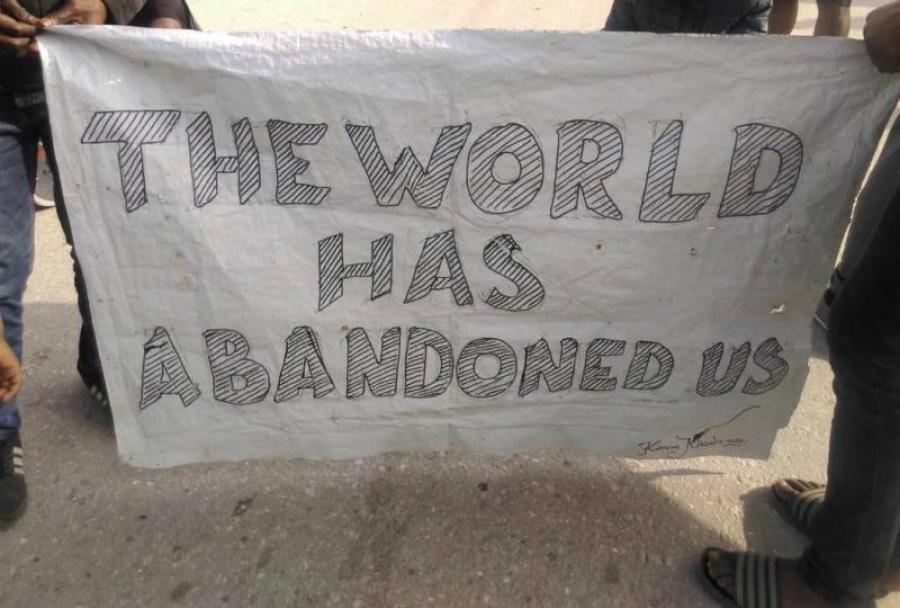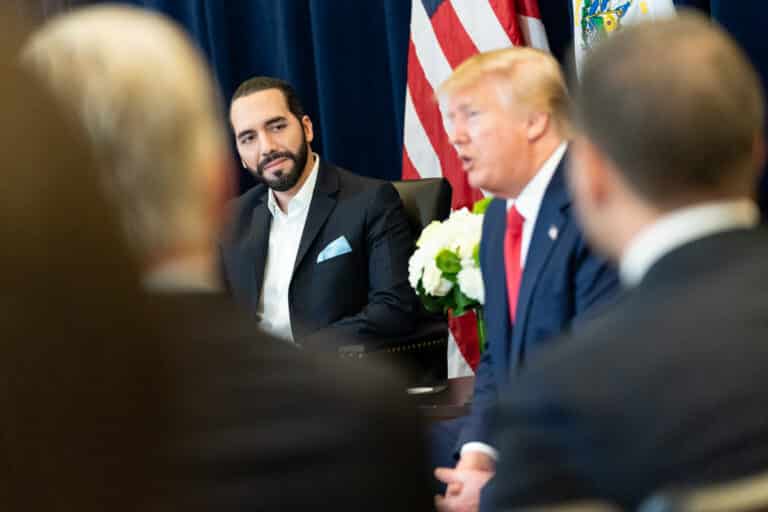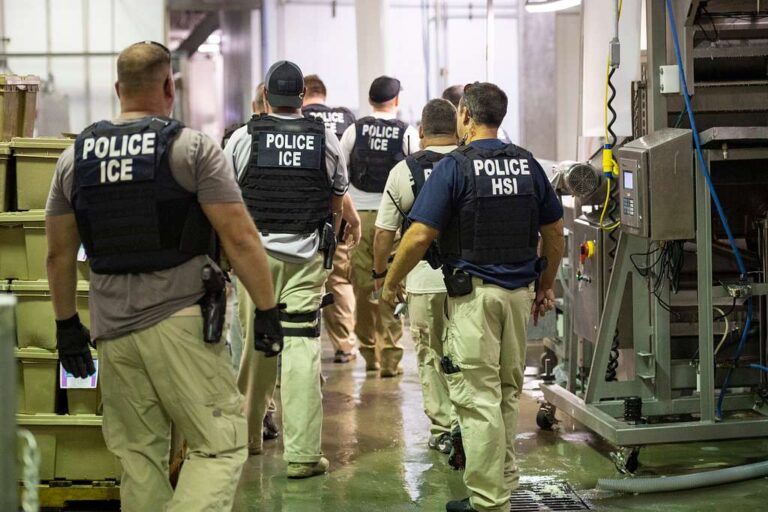
Late on the evening of 5 July 2020, Karamoko Namori, a 19-year-old man from Ivory Coast, was murdered in Moria camp. The circumstances of his death raise serious questions about policing priorities and the refusal of officers to protect lives in the camp.
Karamoko’s life in Europe
In late January 2020, Karamoko first arrived on Lesvos. Upon his arrival police arrested him and held him in PRO.KE.K.A, Moria camp’s pre-removal detention centre. He was detained for nothing more than coming from the wrong place, as nationals of his country have an asylum acceptance rate of less than 25%. Here, the European Asylum Support Office forces detainees through the asylum procedure at breakneck speed. Detention blocks access to basic legal aid in a closed-loop process that creates the low acceptance rate that justifies detention.
Three months later in April, and with the help of a lawyer, Karamoko was released. He found himself in another prison. The Greek government had enforced a strict lockdown for those in Moria camp, segregated from the island’s general population with over 20,0000 people living, overcrowded, with limited access to clean water, food, support services, and public space. The camp would remain in this condition until Karamoko’s death, just over six months after arriving in Europe.
Police brutality, a lack of investigation and an arbitrary arrest
After a fight between communities, in which an armed gang attacked people from African states, Karamoko and two others sustained knife wounds and at least four others were injured. After 40 minutes, an ambulance came to take Karamoko to Mytilene public hospital. He was pronounced dead on arrival.
Crucially, police failed to intervene, even beating those who reported the violence. The fight lasted from 10:30 p.m. until 12:30 a.m. According to those on the scene the police arrived at the attack’s outbreak and left shortly afterwards, making no effort to stop it. After police left the scene, with the fight ongoing, some of the community went to speak with the camp’s police officers to demand that they intervene. According to those present, police officers beat them back and told them to go away.
The following day, the Office of the Ivorian Community in Greece released a statement demanding that the Greek authorities launch an investigation into Karamoko’s death. Police, however, made no effort to interview the victims of the attack. Police asked those in the hospital to identify photographs of suspects, but did not arrest at least two suspects whom the victims positively identified. Despite making no serious investigation, the next day, Mytilene police announced that they had arrested a 20-year-old Afghan man on suspicion of Karamoko’s murder.
As news spread that a suspect had been arrested, witnesses claimed that the man was not the perpetrator, and that people in Moria Camp had seen those responsible for the attack walking around the camp at 5:00 p.m. on the evening of 7 July, over 24 hours after the arrest. The community delegated two witnesses to testify that the perpetrators had been seen in the camp to the police on 7 July, but the police refused to take their statement. Police also failed to take testimony from the two critically injured people in the hospital. Some in the community suspected that the police had made the arrest arbitrarily, in order to dampen the tension in the aftermath of Karamoko’s death. After his discharge from Mytilene hospital, one of the injured people attempted to testify at the police station one week later. Police again refused to take his statement.
Attacks on protest
On 6 July, the morning after the attack, the black community was still waiting for answers about the fate of their friends. No police representative took responsibility for telling the community that one of their friends had died and that another two were in critical condition. Faced with no answers, and concerned for the well-being of their friends, the community demonstrated. They protested their lack of protection, blaming, along with the perpetrators, the camp’s management and the police for the violence that they had endured. A group of 200 members of the community gathered outside the office of the European Asylum Support Office demanding to be moved to a safer place. An evacuation procedure for the camp’s management and NGO workers was implemented. Police simultaneously responded to the protesters with tear gas, flash, and sound grenades. At least two among the crowd had to be carried from the scene, one on a stretcher, both struggling to breathe, to receive medical treatment. The demonstrations continued into the next day, with roughly 200 migrants from African states sleeping outside the Reception and Identification Centre, for lack of a safer alternative.
As the days passed, the black community planned a demonstration on 14 July in order to unite behind the demand for justice for Karamoko and to highlight the complicity of camp management and the police in his death. However, as is commonplace with migrant-led protests, police coerced the community into cancelling it. Informants leaked details of the planned demonstration to the police, who threatened members of the community until they agreed not to hold it.
The attack on Ivorian migrants is not the first time that violent incidents, with accompanying loss of human life, have taken place in Moria camp, and it will probably not be the last1. The attitude of the police is often limited to the role of observer. This role is not accidental; it is politically designed to create more chaos and insecurity for the people trapped there. For migrants, the camp is an inhospitable and dangerous place, where all laws applying to the society outside as well as the values placed on human life have been suspended indefinitely.
Police interventions in Moria camp restrict the migrants inside and violently suppress any attempt to protest against their detention conditions. The police force is there only to guarantee the safety of the camp workers, not the residents. There is no law for migrants; there is only an absolute deprivation of human rights, the law of the jungle, and social cannibalism. In the societies we live, after a murder and two assassination attempts, would the police authorities would pay so little attention to a case like this?
___________________________
1See for example these fatal incidents in January, April and May 2020.



